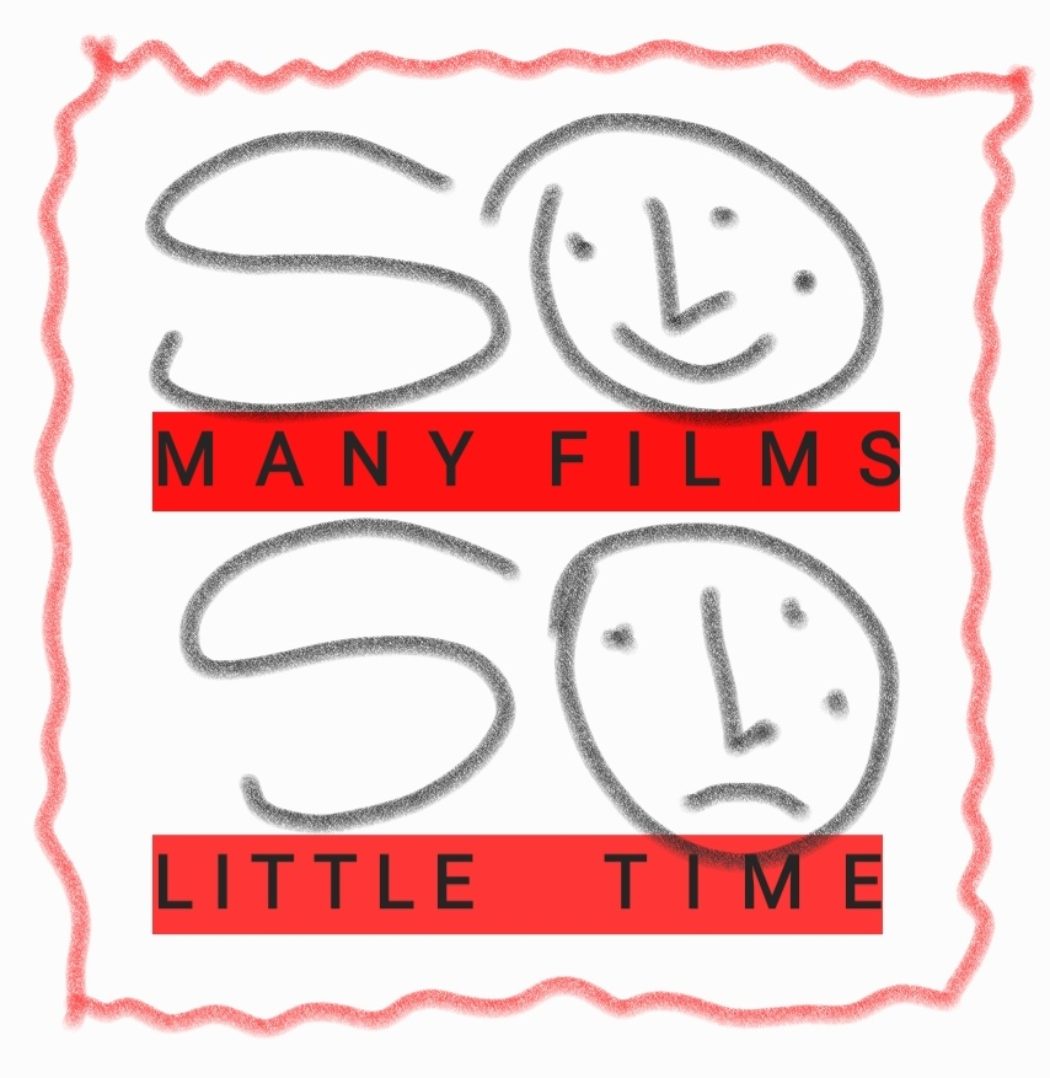
Man, space is getting serious.
In recent years, films such as “Gravity” (2013), “Interstellar” (2014) and “Ad Astra” (2019) have explored a part of the sci-fi movie galaxy that has banned furry sidekicks and wise cracking racoons. Instead, with varying degrees of success, these films have sought to fuse stories of parental-child discord with cutting edge special effects to create something profound and illuminating about the human condition.
Add, “The Midnight Sky” to that list.
Based on a book by Lily Brooks-Dalton called, “Good Morning, Midnight”, TMS tells two parallel stories. In one, Augustine, a terminally ill scientist, spends his lonely last days on a nuclear war ravaged planet Earth desperately trying to warn away a returning spaceship. In the second story, we follow the astronauts aboard that doomed spaceship – Aether – as they head back to Earth from a mission in which they have confirmed that one of Jupiter’s moons is indeed fit for human life.
Augustine soon discovers that he is not alone. A young girl (Caoilinn Springall) named Iris has been left behind. Though he frantically tries to contact officials to return and pick up the girl – he’s out of luck. Whether loner Augustine likes it or not – he has a little company.
TMS is half of a good movie. That half is the one with Augustine and Iris. Their interaction – at first, clumsy and awkward – blossoms into something profound and moving. Cute as a button and permanently carrying a look of blank acceptance, Caoilinn Springall symbolizes the future that Augustine, himself, will never get to see. She is hope in an adorably cute little package.
Meanwhile, Augustine, in a very key and personal way, represents the failure of hope. A life long absent dad, he now has no choice but to act like a present one. Known mostly for his good looks and easy charm, Clooney plays remote and prickly about as well as anyone can. Take that Nick Nolte!
Then there’s the other half of TMS – the spaceship. Ohhh, boy. In stark contrast to the compelling narrative unspooling back on Earth, the spaceship scenes range from deadingly dull to WTF? The WTF comes in the form of an ill-timed, out-of-the-blue, cosmic sing-a-long. I’m not kidding. This cute pop song bonding session clashes horribly with scenes of an already dying Augustine fighting through a never ending, apocalyptic blizzard all so he can radio the giddy bunch of American Idol rejects and save their lives. It’s like someone just flipped channels from “Schindler’s List” (1993) to “Hot Tub Time Machine” (2012) midway through the film.
As if it wasn’t clear before the karaoke, Clooney and co-writer Smith had absolutely no idea what to do with the spaceship part of the movie. Yet, they also knew that they needed it for the ending to have any impact whatsoever. That ending, by the way, is quite beautiful. Problem is, it’s also the only time when the spaceship – and all aboard it – fit neatly and coherently into the overall narrative. That’s not to say that Clooney and company don’t try to make the spaceship scenes work. Thematically, it’s all there. It’s just that they totally botch it. One swing and a miss, in particular, is so badly handled that, at first, it comes off as unintentionally creepy, only to, in the end, come off as unintentionally funny. A character cannot move us emotionally by informing us of his backstory a few minutes before that same backstory is supposed to pay off.
And, then there’s the one action scene in space that’s awkwardly shoehorned in. Again, it could’ve worked, but because the thematic and emotional set up is so badly handled, the scene comes off as a desperate attempt to liven up a directionless storyline.
In the end, the most bizarre thing about TMS is that it’s partially about space exploration, and yet, the worst scenes in it all take place in space. And, even weirder, it still manages to put some points on the board due to a wilderness survival storyline that takes place entirely on Earth. Maybe it should’ve been titled, “The Midnight Ground.” Admittedly, not as alluring a title, but it does make it more clear which part of the film works.
Half-good. Half-bad.
A movie made for the fast forward button.
